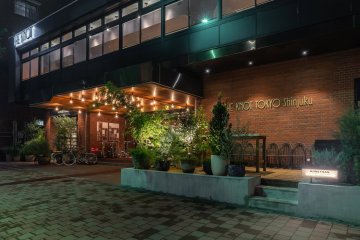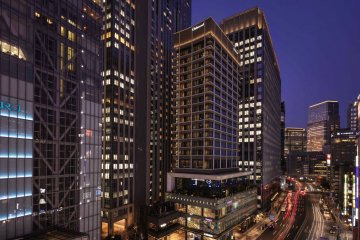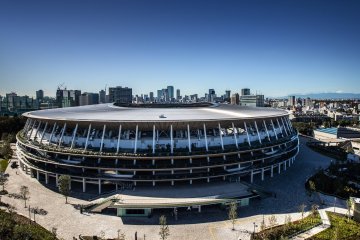
Hôtel THE KNOT TOKYO Shinjuku
Situé à deux pas de l'immense parc central de Shinjuku, THE KNOT TOKYO Shinjuku est un hôtel moderne de caractère avec un accès facile à la gare de Shinjuku et au sanctuaire Meiji. Le bâtiment de l'hôtel de 14 étages a été rénové et rouvert sous le nom de THE KNOT TOKYO Shinjuku en août 2018. La conception de l'atrium spacieux offre une atmosphère détendue et relie le restaurant, le bar, le salon et le hall les uns aux autres. L'hôtel dispose de plus de 400 chambres et 7 types de chambres et au dernier étagent se trouvent des chambres de style occidental offrant une vue sur le parc ainsi qu'une suite avec terrasse récemment ouverte. L'un des points forts de THE KNOT est sa délicieuse cuisine. Vous y trouverez six zonesde restauration, proposant par exemple des grillades au thé noir de qualité ou du pain frais.


/139.7082371,35.6804411,9/397x132?access_token=pk.eyJ1IjoiamFwYW50cmF2ZWxtYXBzIiwiYSI6ImNqbXBtOXYxbDB5Z3ozbHFrazJuYWMwOGYifQ.v15fy_mcFWtgopmz8PhwqA)







